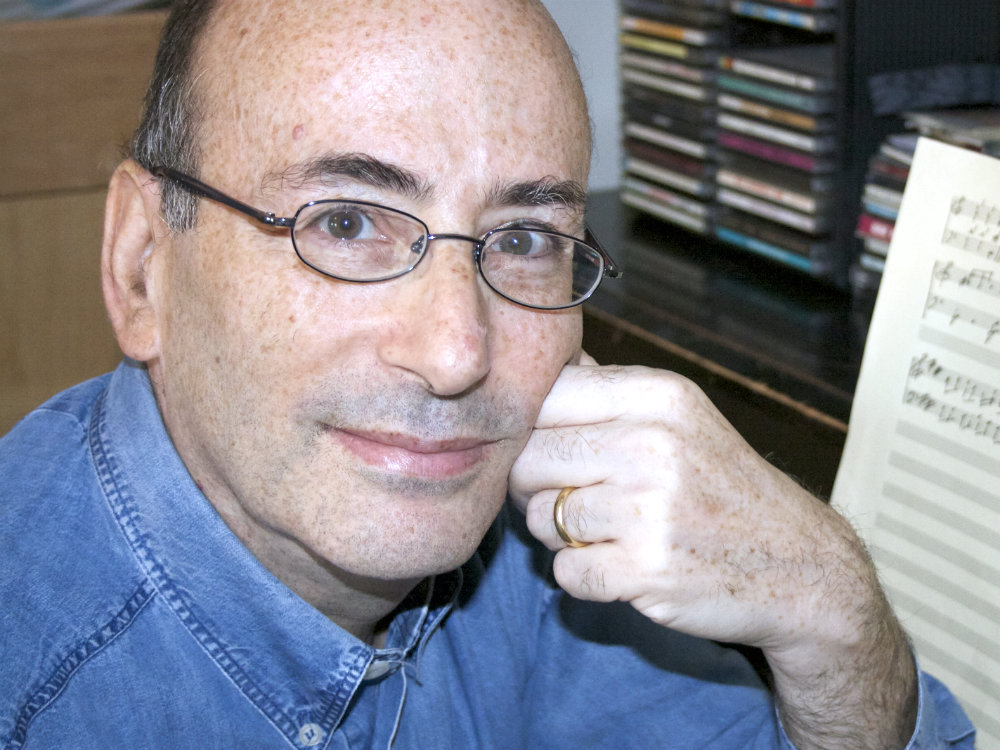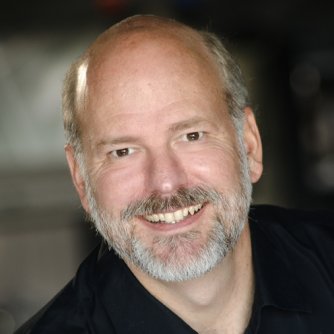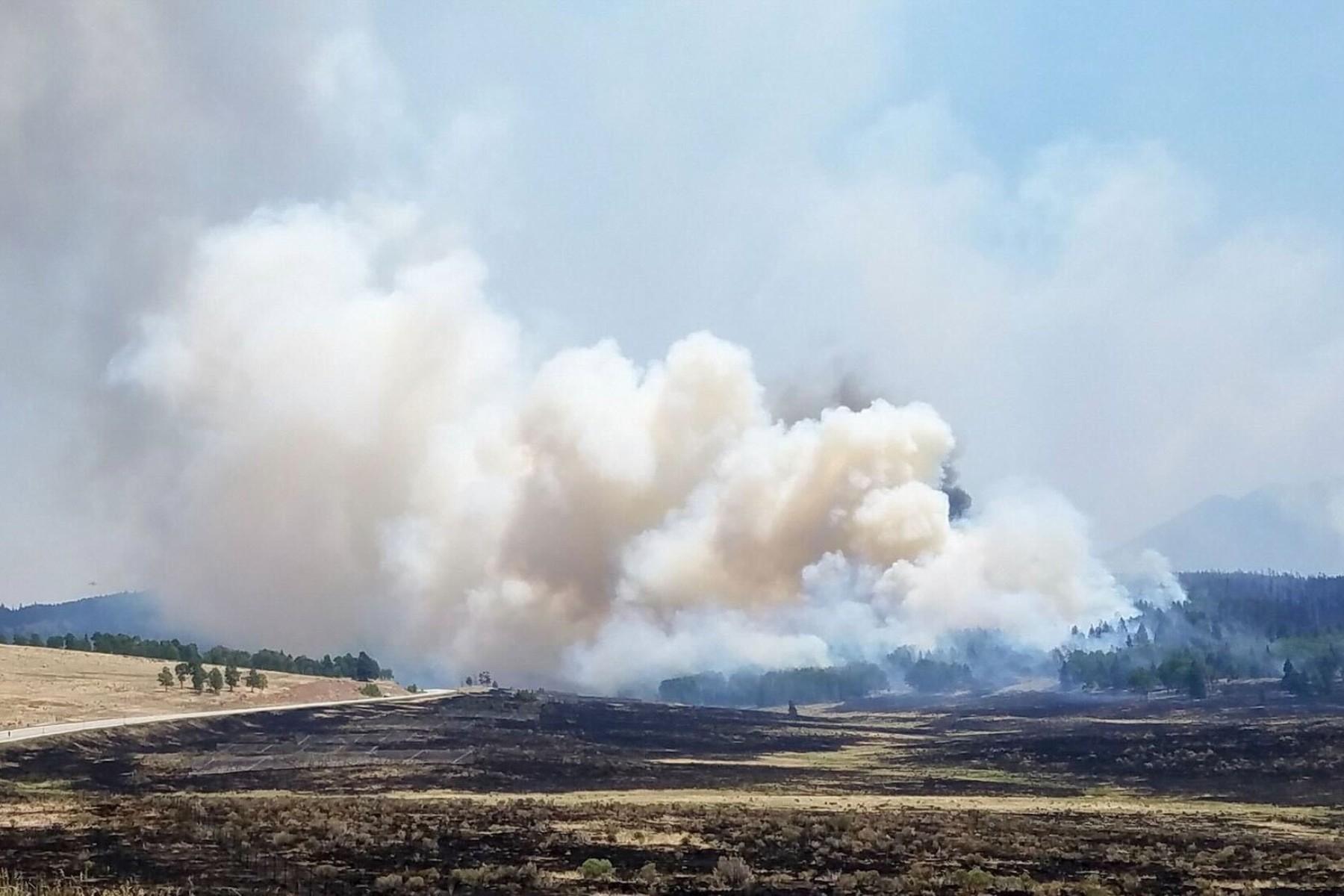
Pro Musica Colorado Chamber Orchestra performs American composer Richard Einhorn's "Voices of Light" on Friday in Denver and Saturday in Boulder.
It's a work conceived to be performed with the 1928 silent film “The Passion of Joan of Arc,” considered by many to be one of the best films ever made.
The original film was lost in a fire, reconstructed and lost in another fire. Others pieced together a poor version from surviving scraps that was denounced by the filmmaker, Carl Theodor Dreyer.
Then, in 1981, a complete copy of the original turned up in Denmark. Einhorn saw the recovered film in 1988, and it inspired him write an oratorio to accompany it. “Voices of Light” premiered with “The Passion of Joan of Arc” in 1994.

Einhorn spoke with CPR Classical about Friday’s concert in Denver -- which he’ll attend for a pre-concert talk at 6:30 Friday -- and what inspired him to write “Voices of Light.” Click the audio above to hear the interview. Highlights:
On whether it was daunting to write music for such a highly regarded film:
"I later found out there's been something like 30 full scores that had been composed for "The Passion of Joan of Arc," all of which had been rejected or dismissed as completely unimportant. And so when I started working on this, I decided the best thing to do was to simply use the film as an inspiration. I wasn't trying to do a film score so much as respond to it in my own particular way."
On using sounds from different musical eras in "Voices of Light:"
"What I tried to do was construct a musical language that didn't really have a time zone, if you will. If you listen to it, if you hear it on the radio, you'll say, 'Oh, that's medieval music.' And then you'll go, 'Wait a minute -- medieval music and renaissance music doesn't quite work like that.' ... I love that about all the kinds of music that I like. I like not knowing when it was written."









